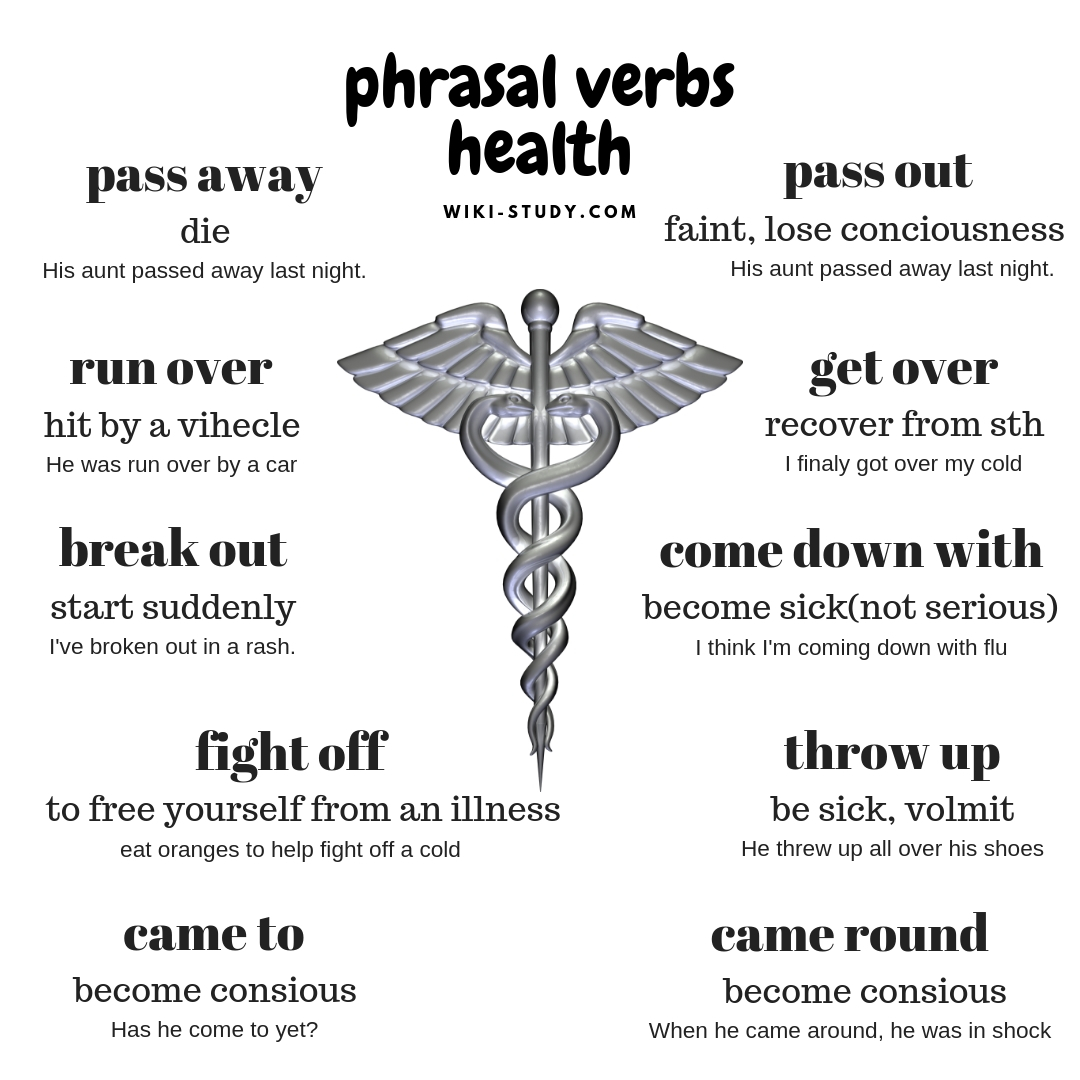Each task 2 question has a request and a topic. If you are asking a topic to shape the way it is written, the topic will determine the content. Once we have identified the topic of the lesson, we can choose the vocabulary appropriate to that topic to write the sentence.
We can package the topics in Task 2 into the following 10 main sections:
– Health
– Environment
– Education
– Globalization
– Development
– Public Transport
– Crime
– Technology
– Government
– Employment
There may be smaller topics, but it is also one of the 10 main topics here. So how do we build the vocabulary for these topics?
1. Read the sample text:
The fastest way for you to acquire vocabulary that is sufficient and appropriate for each topic is to read sample literature. Specifically, when reading the sample text, identify the main topic of the article you are reading, then look for words under this topic and underline. Often the “unique” words for each topic will be nouns, so pay special attention to this word format.
2. Read the paper:
The principle is the same as above, but you will have less chance of finding words to learn. The simple reason is that the vocabulary of the newspaper is quite large, but in the sample text, words that have been written almost can be used. However, newspapers and magazines are still the standard of language that we want to target.
3. See Ted Talks:
If you haven’t already, the above topics are all social topics. But for social topics, there is hardly a better source of reference than Ted Talks. When the speakers speak, you should note the special words of the topic they are talking about. Again, note the noun.
In addition, to help you learn better Wiki Study English will have a lot of sharing for many different topics. Thereby, for each topic, there will be similarities and differences as well as a vocabulary-grammar system with different levels. This will help you to conquer IELTS Writing task 2 with the highest possible score.



